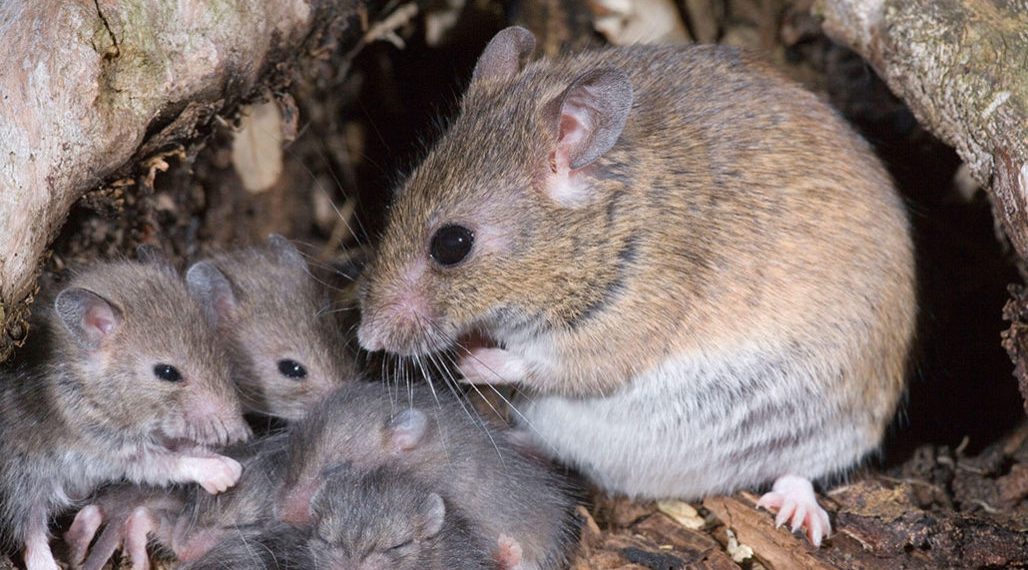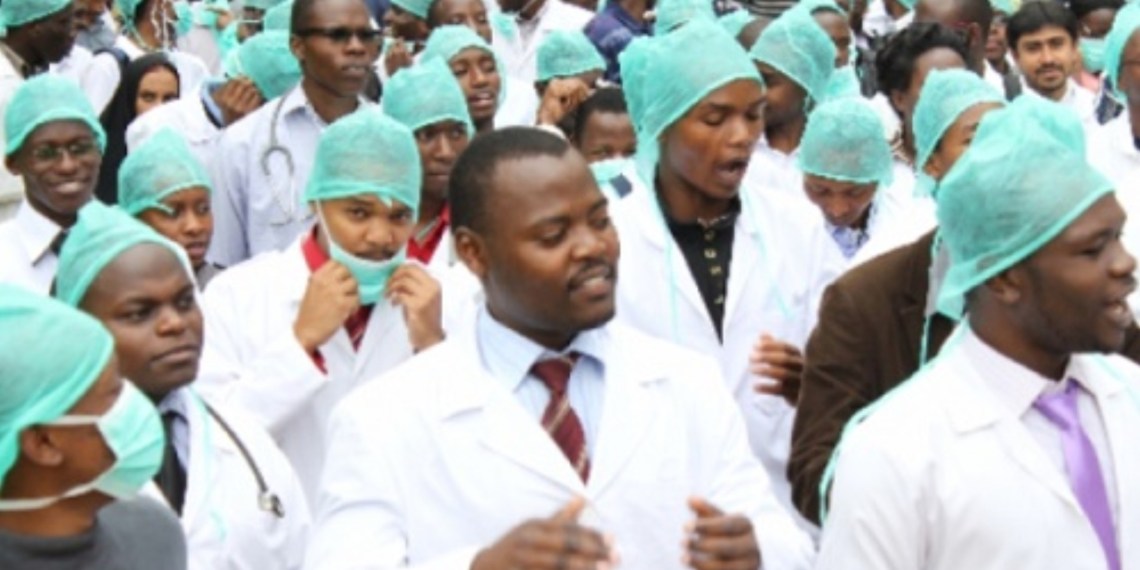Democracy in Nigeria and across Africa is facing mounting obstacles, yet remains robust at its core—such is the message driven home by the Kimpact Development Initiative (KDI) on the occasion of the International Day of Democracy. Even as democratic institutions contend with deepening challenges like economic distress, a rise in insecurity, rampant misinformation, and growing division, there’s still faith that systems can evolve to better serve citizens—if those in power make a concerted effort.
Examining the Strains on Democracy
Economic hardship has become a daily reality for many Nigerians and West Africans, fuelling constant frustration with governance. Amidst these conditions, security concerns continue to affect communities nationwide, while misleading narratives and intense political polarization are contributing to a persistent erosion of public trust. Citizens often feel uncertain or skeptical about not just their leaders, but the promises that underpin much of the continent’s democratic journey.
Barriers to Inclusive Participation
Speaking to these trends, Bukola Idowu, Executive Director of KDI, highlighted the plight of marginalized groups. Women, young people, and persons with disabilities repeatedly confront obstacles that keep them from fully participating in politics. These barriers don’t just impact individuals—they threaten to undermine the inclusiveness and legitimacy of governance itself, raising important questions about the true reach of democracy beyond just the political elite.
Resilience in the Face of Adversity
Despite these hurdles, the spirit of Nigerian and African citizenship remains impressively vibrant. Everyday people are not just bystanders; they are actively organizing around key issues, challenging falsehoods with fact-checking initiatives, seeking justice through the courts, volunteering at all levels of society, and developing grassroots innovations. “Civic energy is our national advantage,” Idowu noted—if institutions are willing to match that with more openness, transparency, and a commitment to reform.
Rethinking Democracy Beyond Election Day
KDI’s International Day of Democracy statement puts it plainly: democracy is not a single moment, but a process. It’s not just one day every four years at the ballot box—it’s about ensuring fair rules, accessible processes, and holding leadership to account every day in between. True democracy means citizens have not only a voice, but the power to see their concerns translated into real improvements in daily life.
Civic Space: Promise and Peril
A growing concern is the shrinking of civic space across parts of Africa, where community groups, advocacy organizations, and other actors sometimes find their activities restricted. Activists warn that curbs on peaceful assembly, limitations on free expression, and obstacles to legitimate protest can weaken democracy’s foundation—threatening to silence voices that challenge the status quo or demand better governance. According to civil society leaders, a healthy democracy is inseparable from its civic space, and any attempt to shrink that space should raise red flags for citizens and the international community alike.
Signs of Hope and the Road Ahead
While setbacks and obstacles are real, there are equally powerful signs of endurance and creative problem-solving across Africa. From new youth-driven political platforms in Nigeria to legal and policy advocacy led by persons with disabilities in Ghana, there are numerous examples showing that inclusive, bottom-up approaches can and do make a difference. “This is not a story of inevitable decline,” according to KDI’s leadership. “It is also one of resilience”—a dynamic society finding new ways to participate, advocate, and innovate in the face of setbacks.
Global Engagement: Democracy at the United Nations
To reinforce these priorities, KDI announced plans to convene a side event at the United Nations General Assembly in September, centered on “Strengthening Democratic Foundations in Africa.” This initiative aims not only to showcase African leadership and innovation in democracy, but also to call on global partners to invest in capacity-building, legal protections, and the safeguarding of civic space across the continent.
Local Voices and Comparative Perspectives
Lagos-based governance analyst Fatimah Musa observed: “We see similar stress points in other West African countries—Benin, Ghana, Ivory Coast—where economic and security pressures test the limits of trust between citizens and government. But local successes, like inclusive town hall meetings or technology-enabled election monitoring, show us that the arc can bend towards accountability.”
Meanwhile, a youth activist in Abuja shared, “Youth-led organizations have grown in visibility and impact, especially after recent social movements. Our challenge is not just protest—it is policy participation and sustained dialogue, which requires more openness from our institutions.”
Key Takeaways and Next Steps
- Democracy in Nigeria and West Africa faces significant social, economic, and political pressure—but is not doomed to decline.
- Marginalized groups still struggle for full inclusion, demanding stronger legal protections and practical reforms.
- Citizens remain resilient: organizing, litigating, fact-checking, volunteering, and creating community-level solutions.
- Open, accountable institutions are critical to harnessing this civic energy and translating it into better governance.
- Global partnerships can help sustain positive momentum—particularly where local groups link up with international networks and donors.
Where Do We Go from Here?
For democracy to deliver on its promise in Nigeria, Ghana, and the wider region, there must be continued vigilance—not just by activists or civil society, but by every citizen. Ensuring future progress demands a commitment to protecting civic space, encouraging inclusive participation, and holding leadership accountable at all levels of government.
What are your experiences with democratic participation in your community? Do you see progress, or are there new obstacles? We want to hear your perspective—drop a comment, share your story, and join the conversation.
Got a story on democracy, governance, or political participation you’d like more people to hear? We’d love to help you share or even sell your story. Reach us at story@nowahalazone.com.
For general support or questions, contact support@nowahalazone.com.
Stay connected! Follow us on Facebook, X (Twitter), and Instagram for the latest updates, stories, and voices on democracy in Africa.










